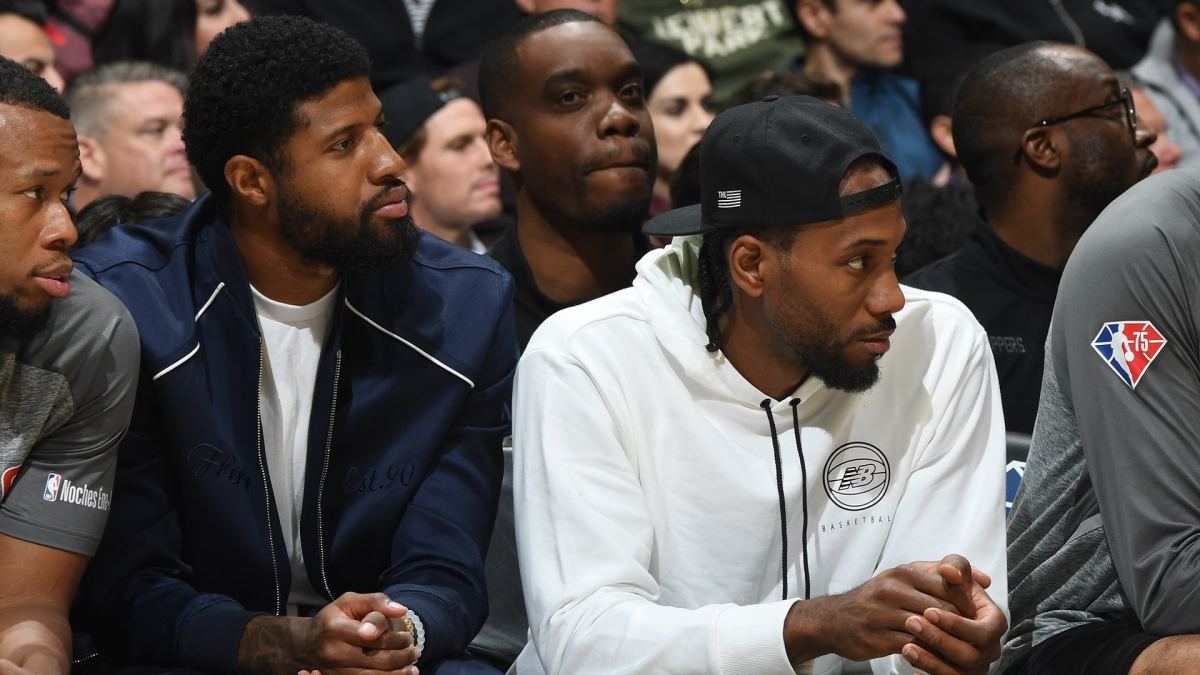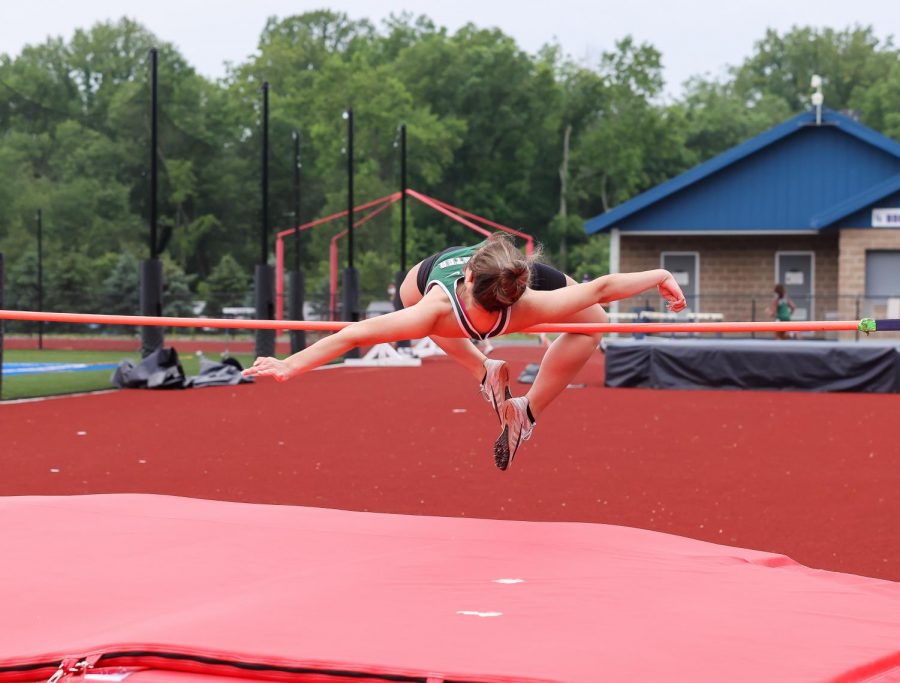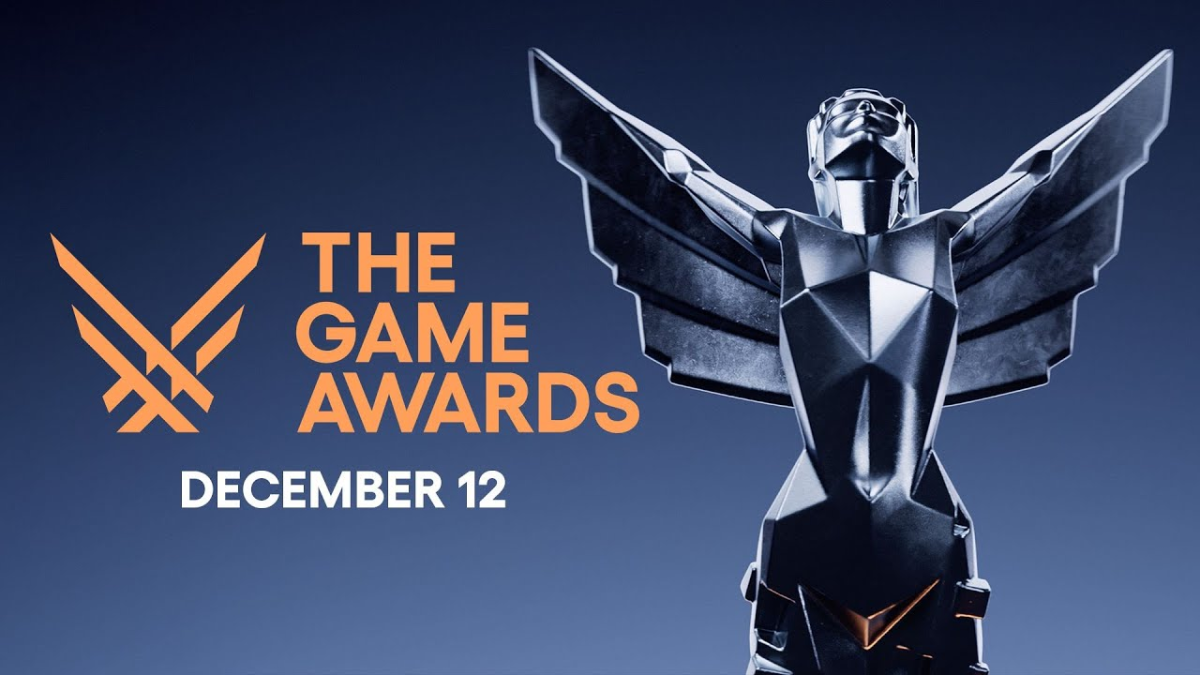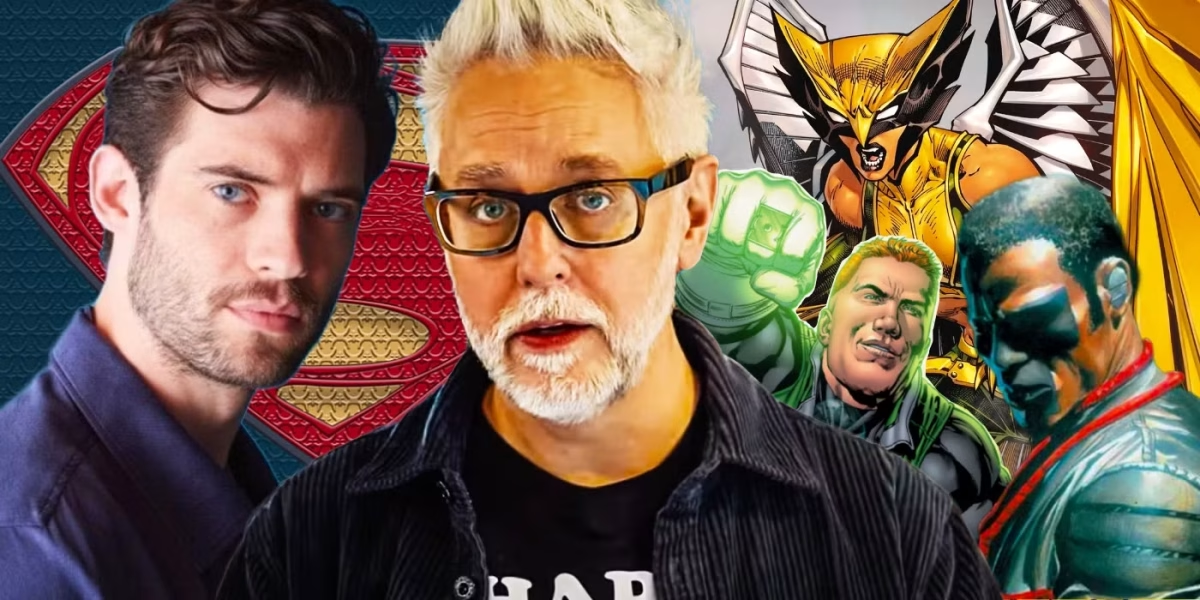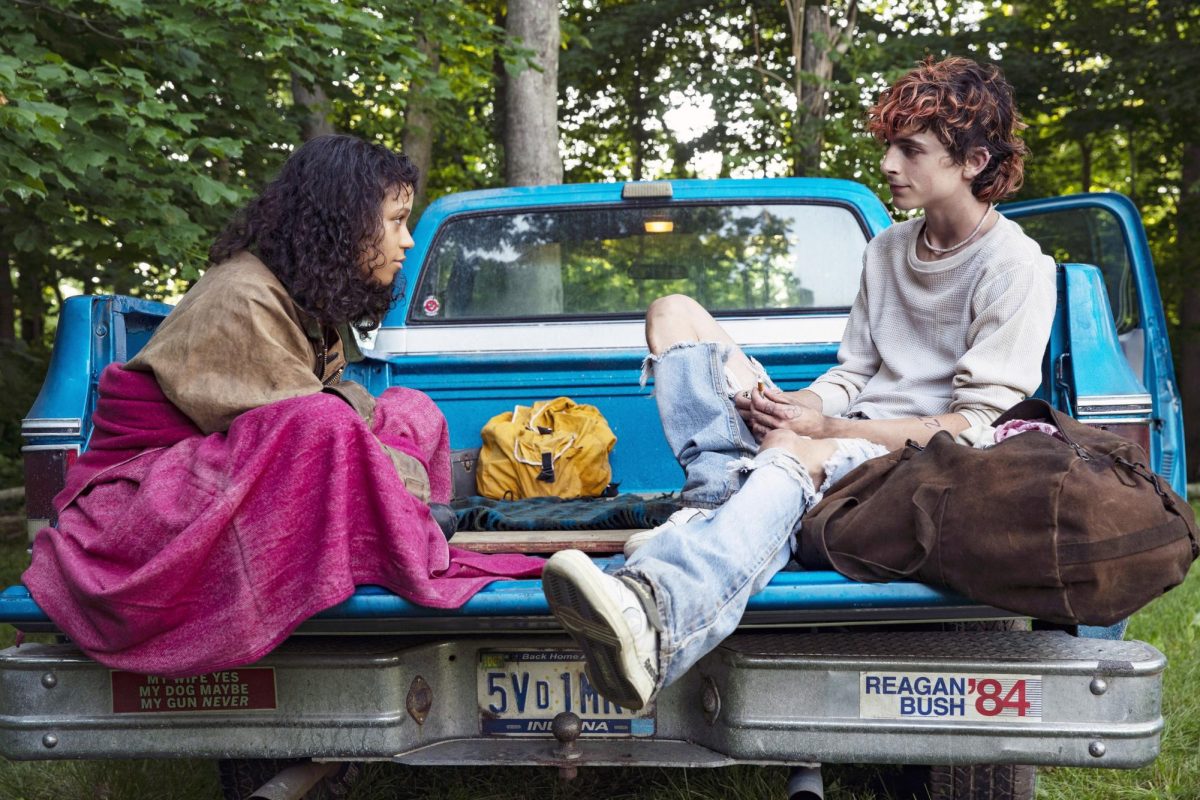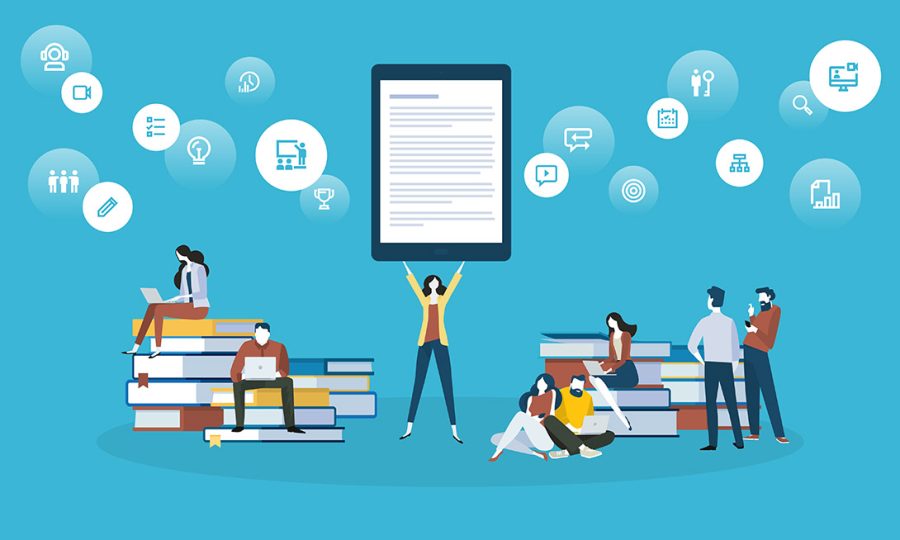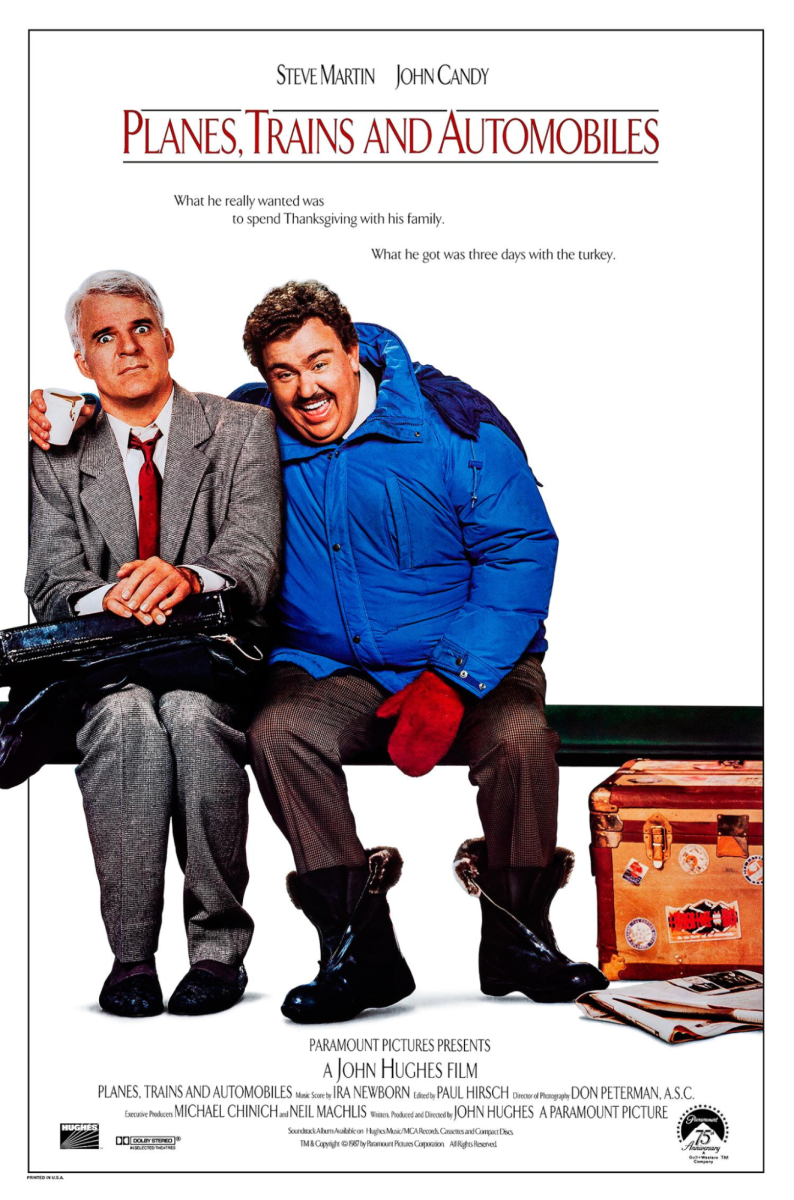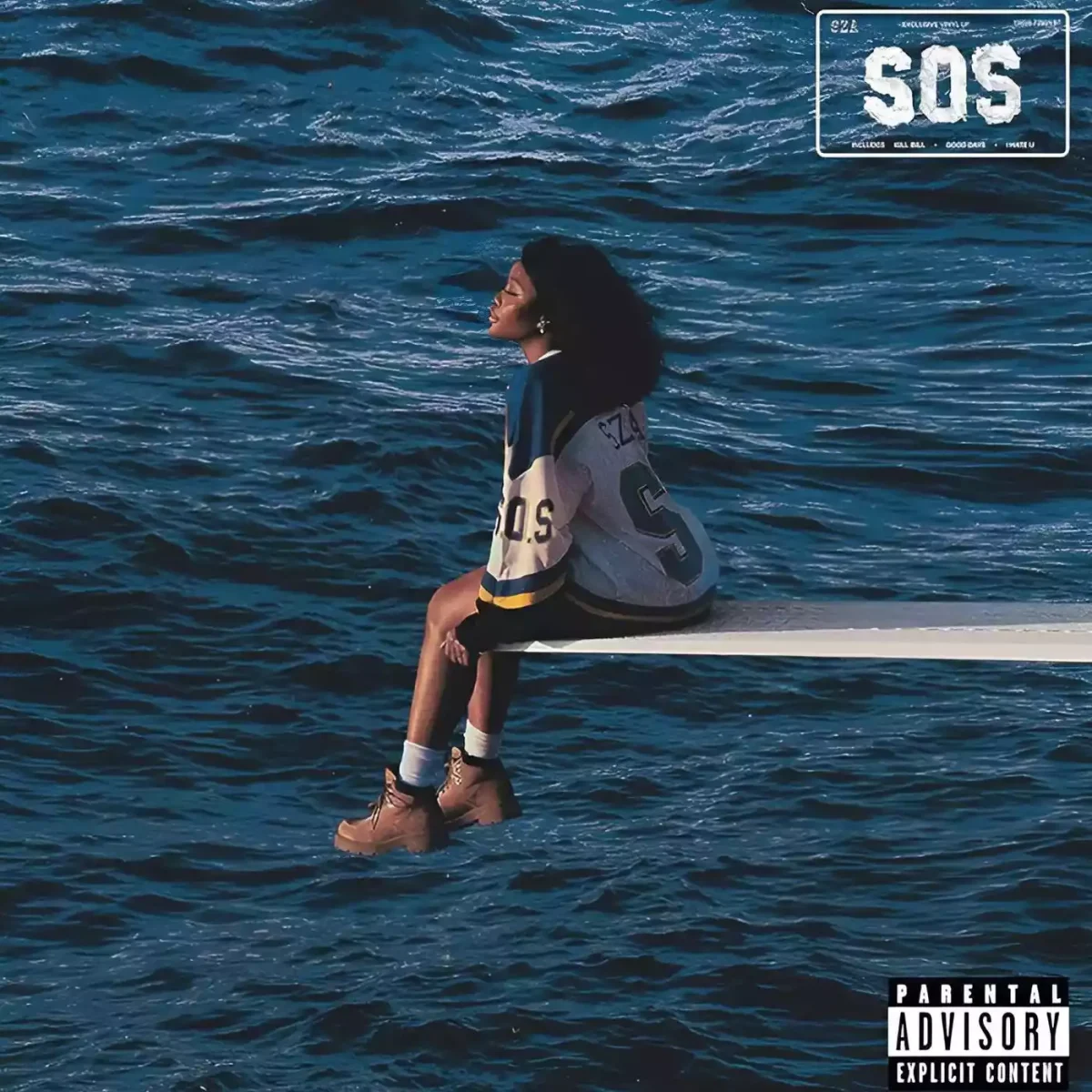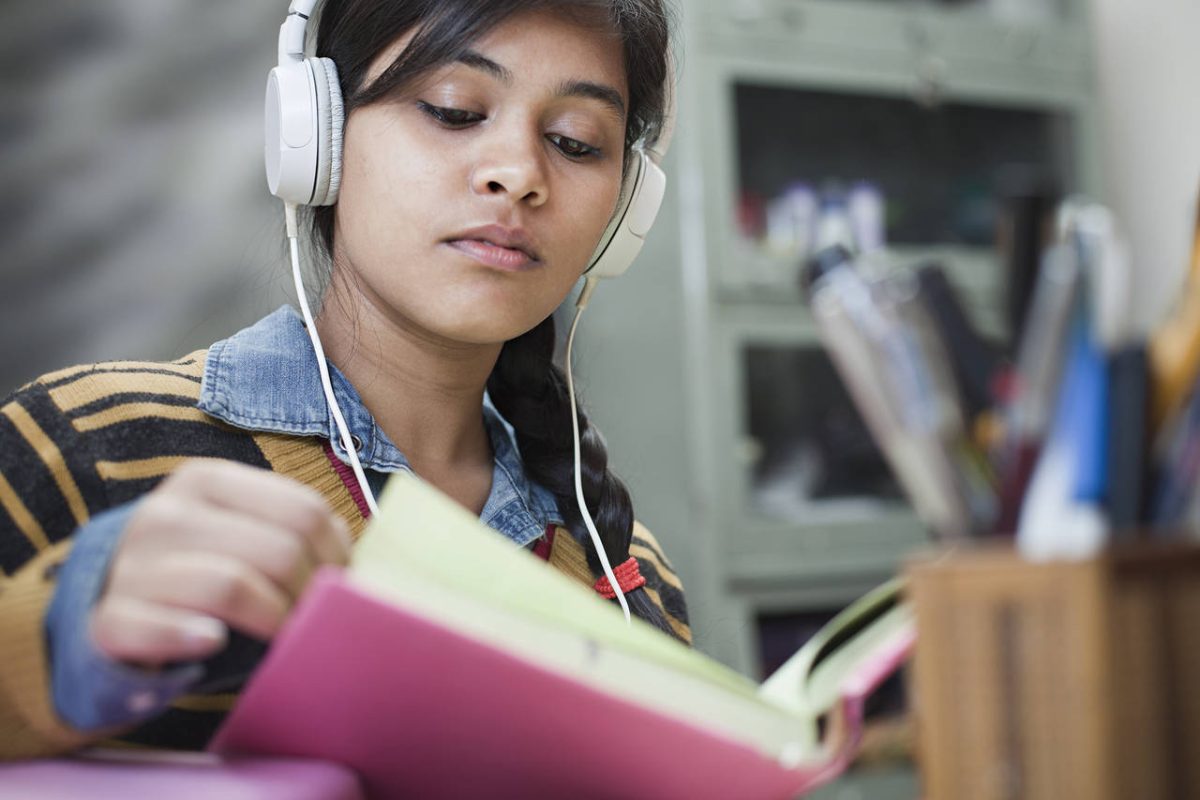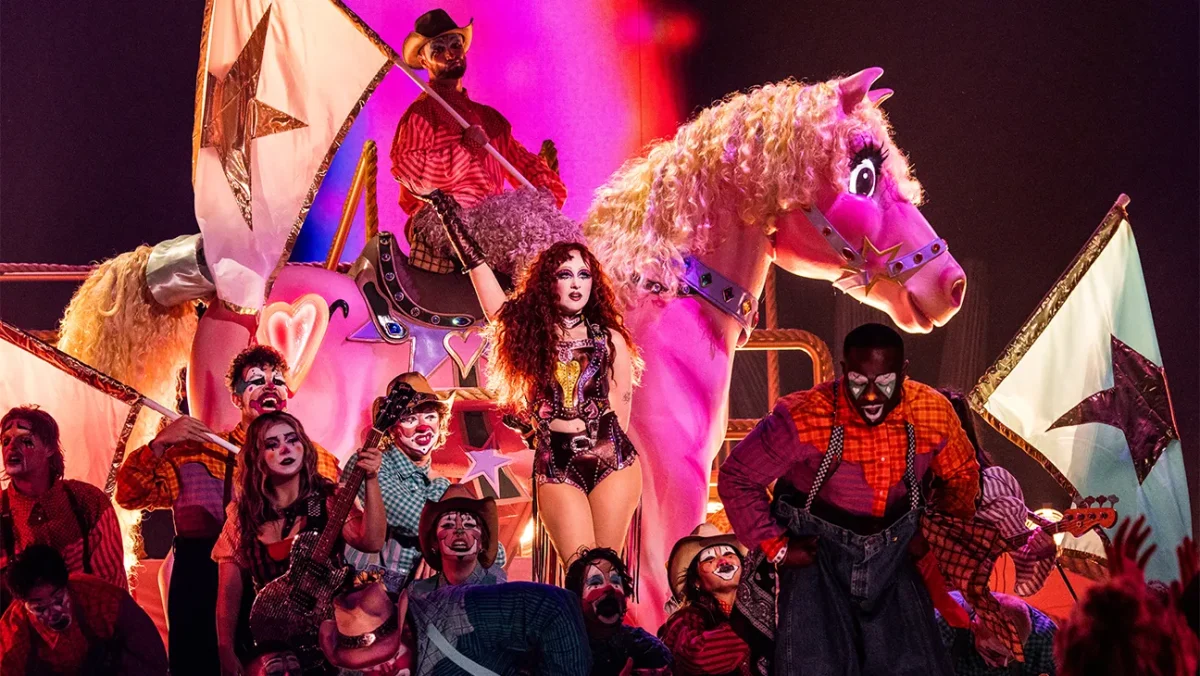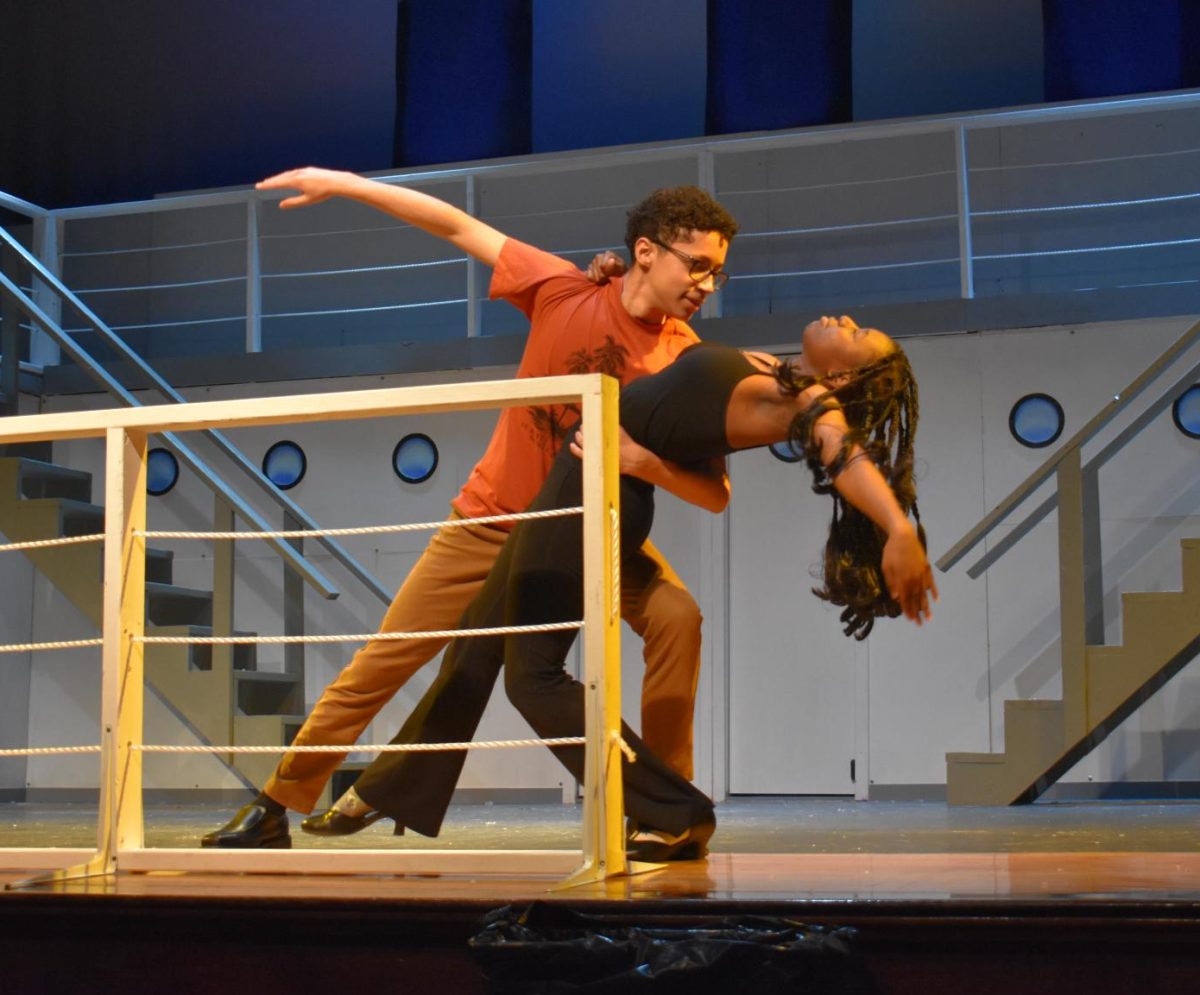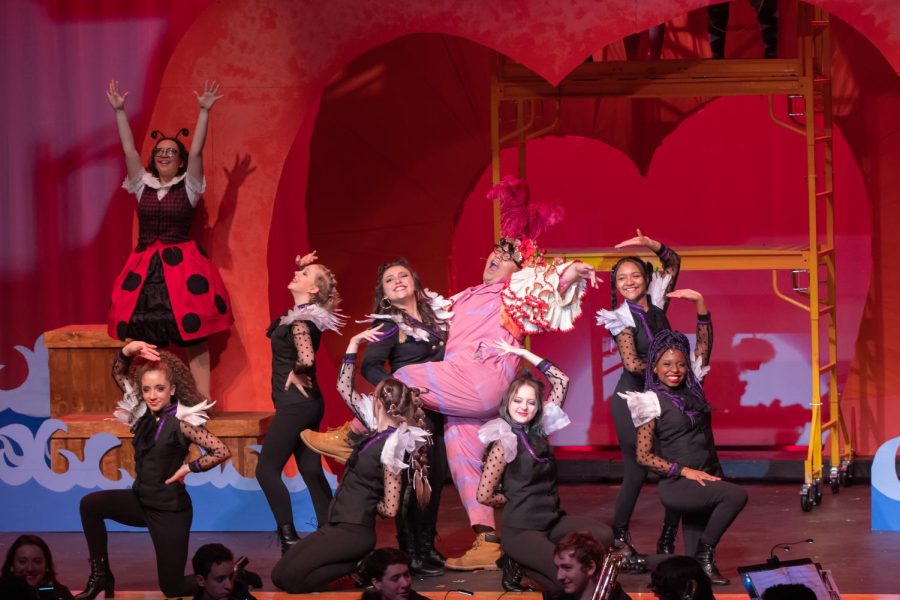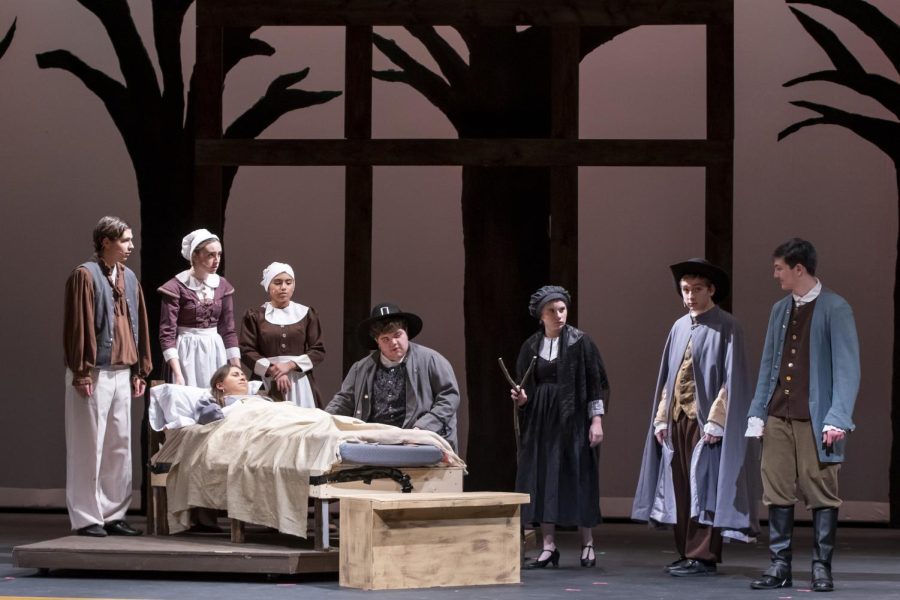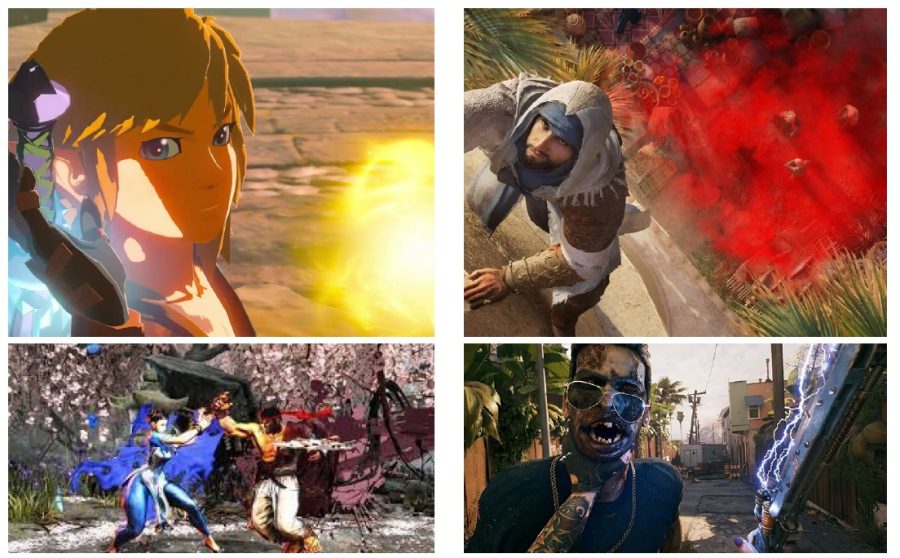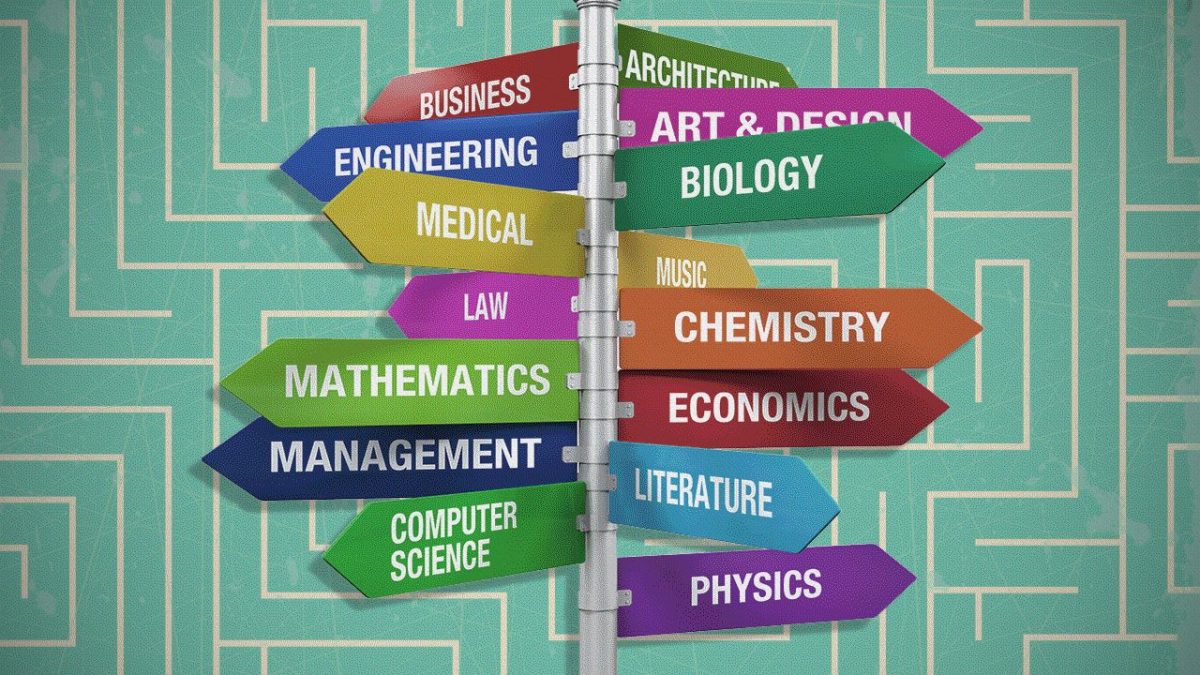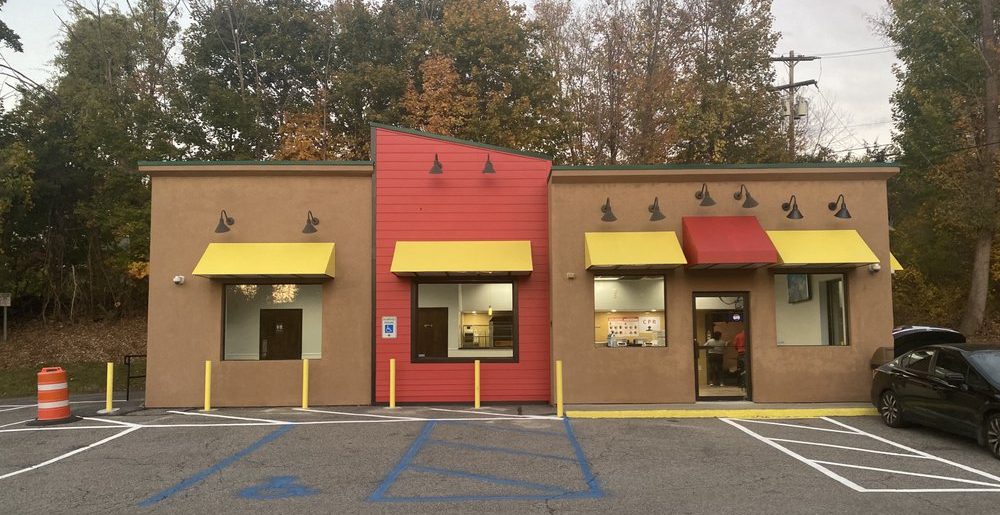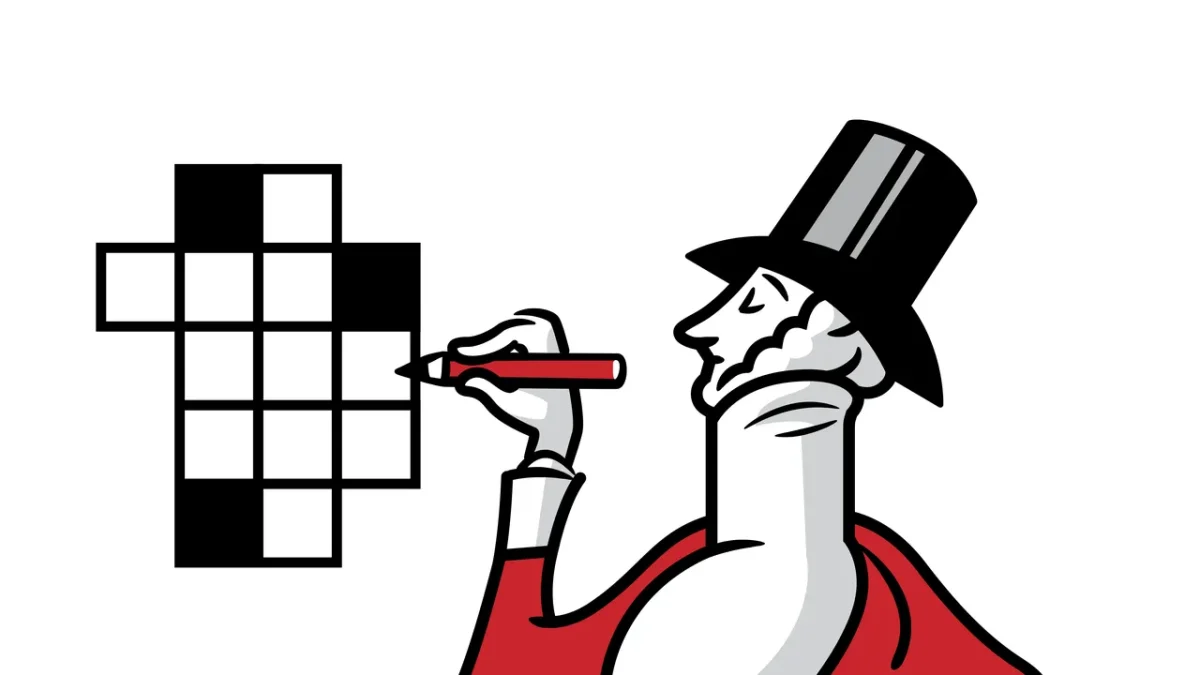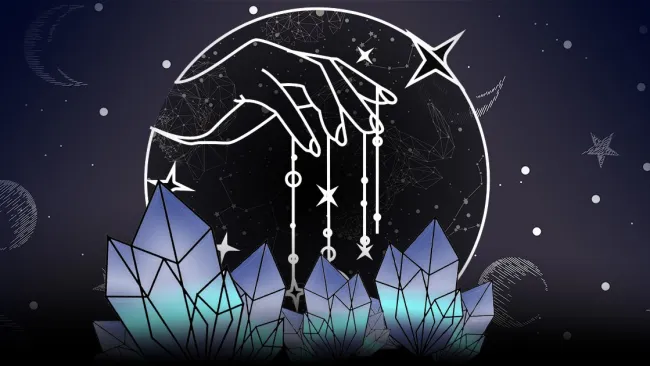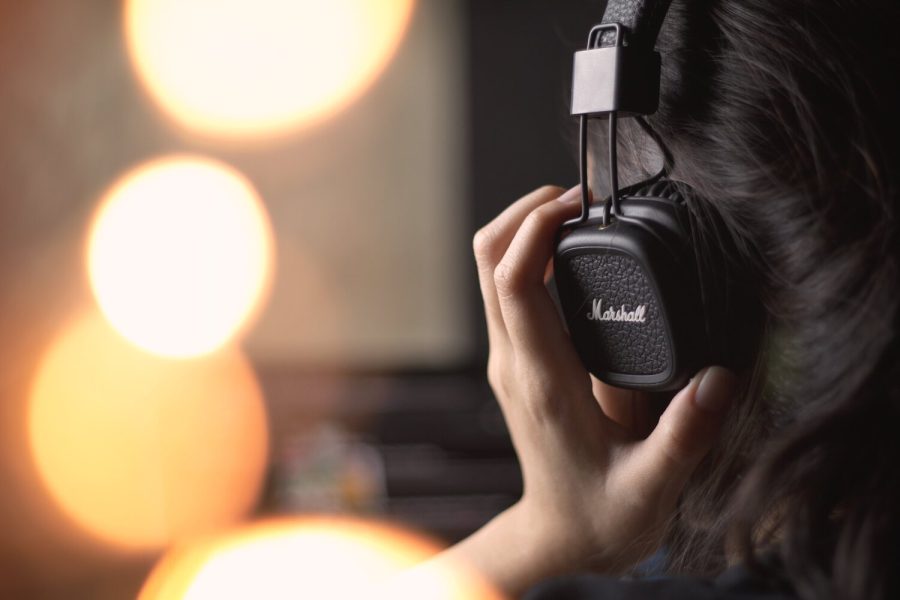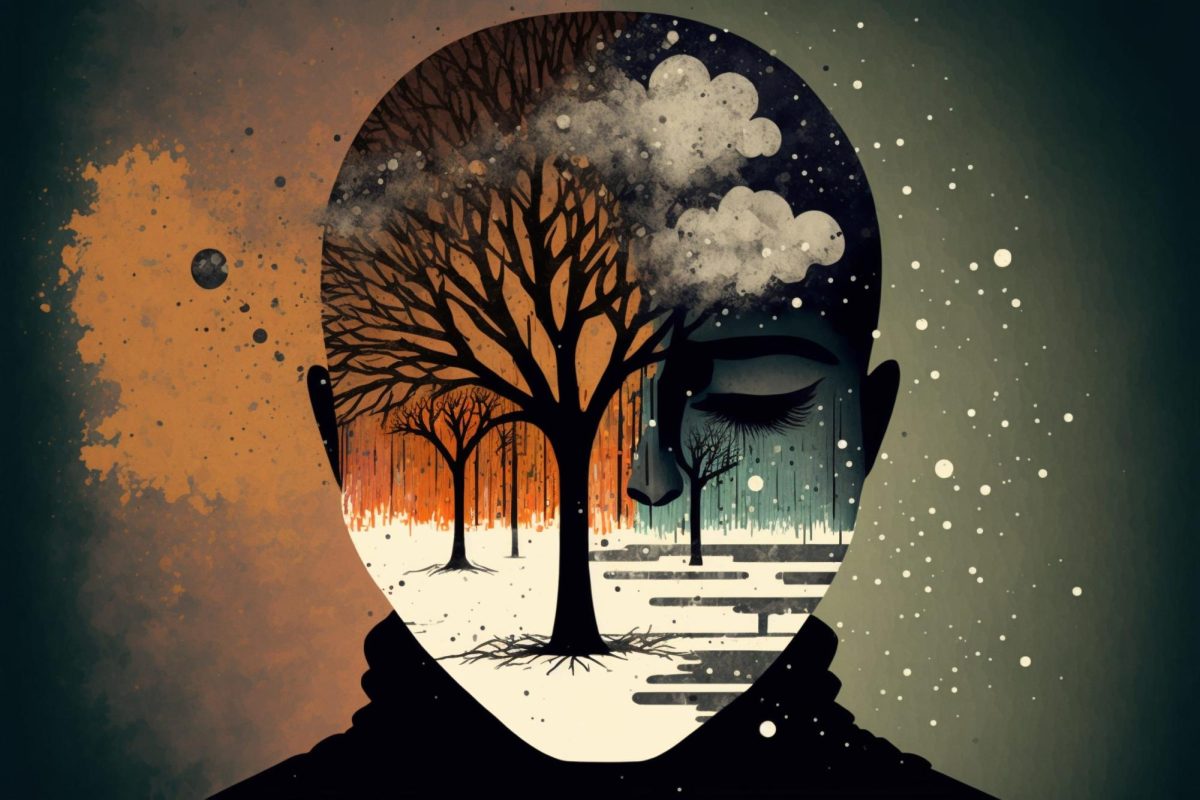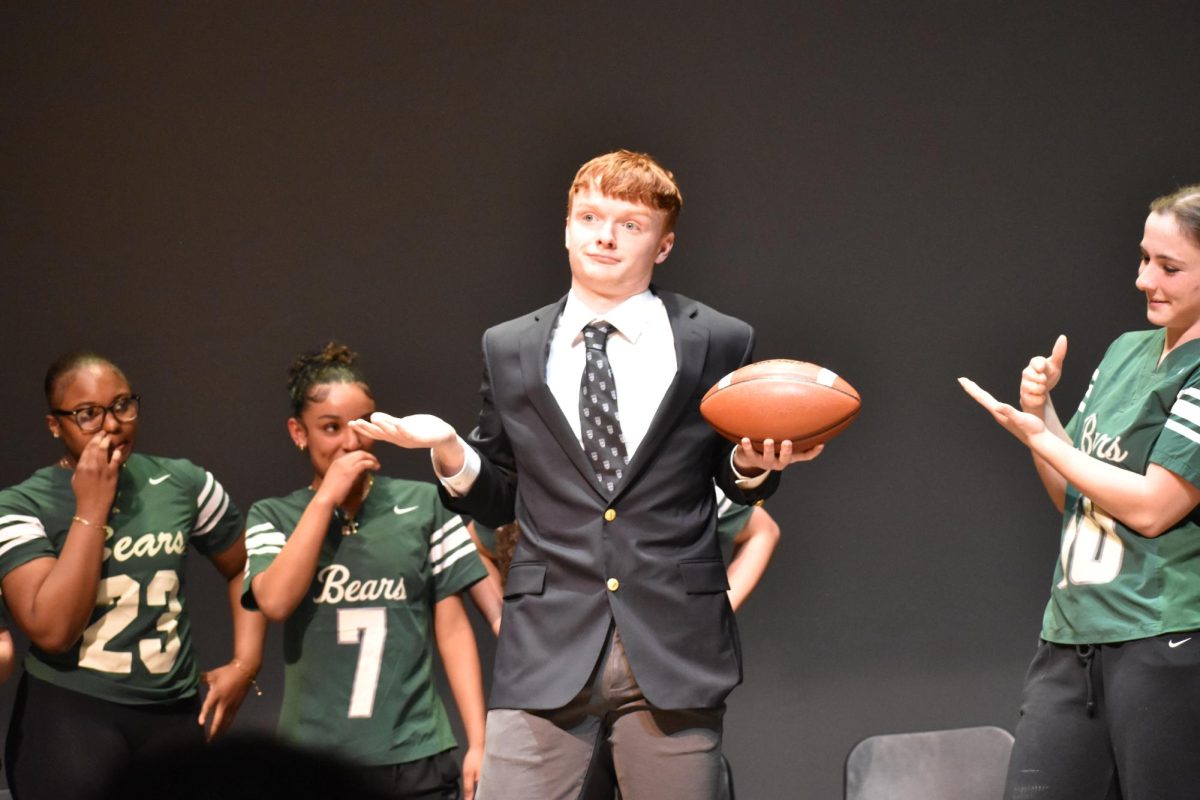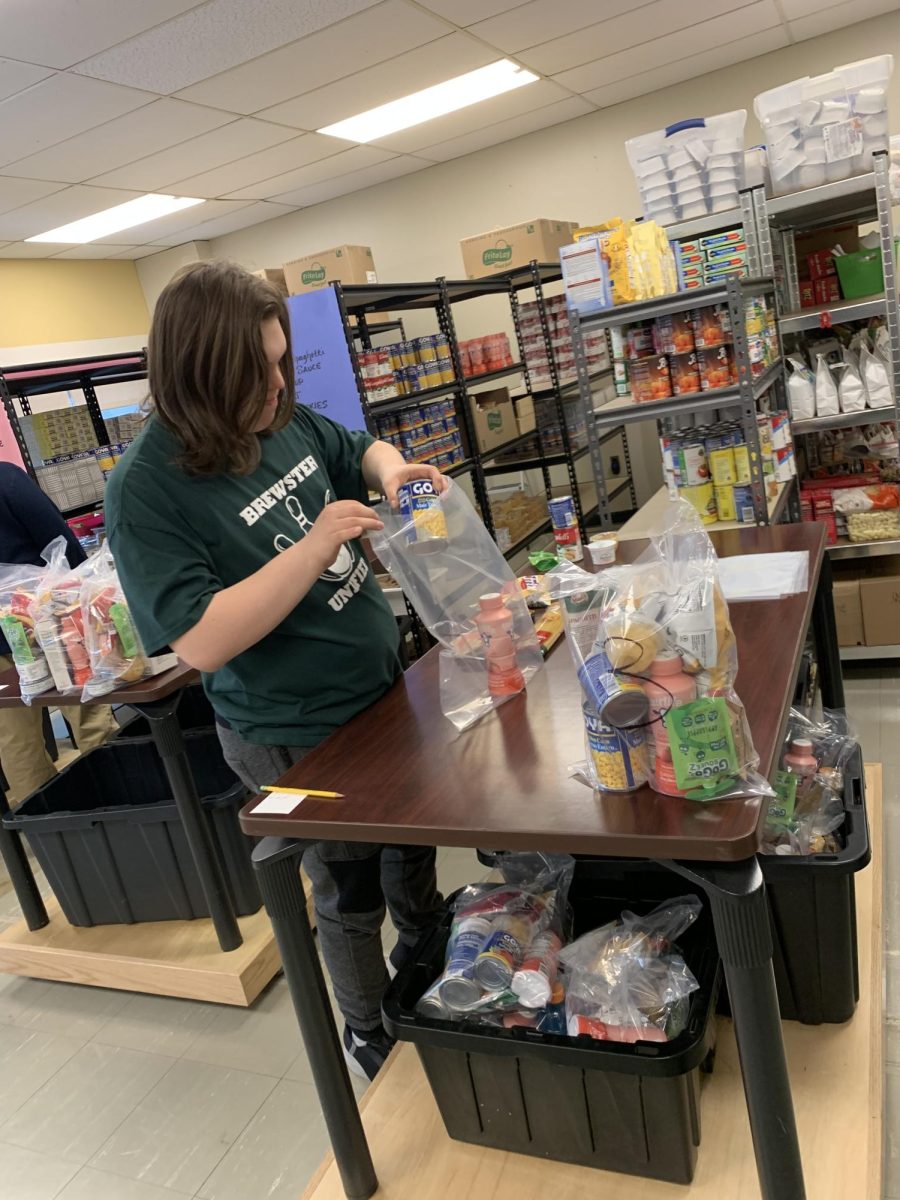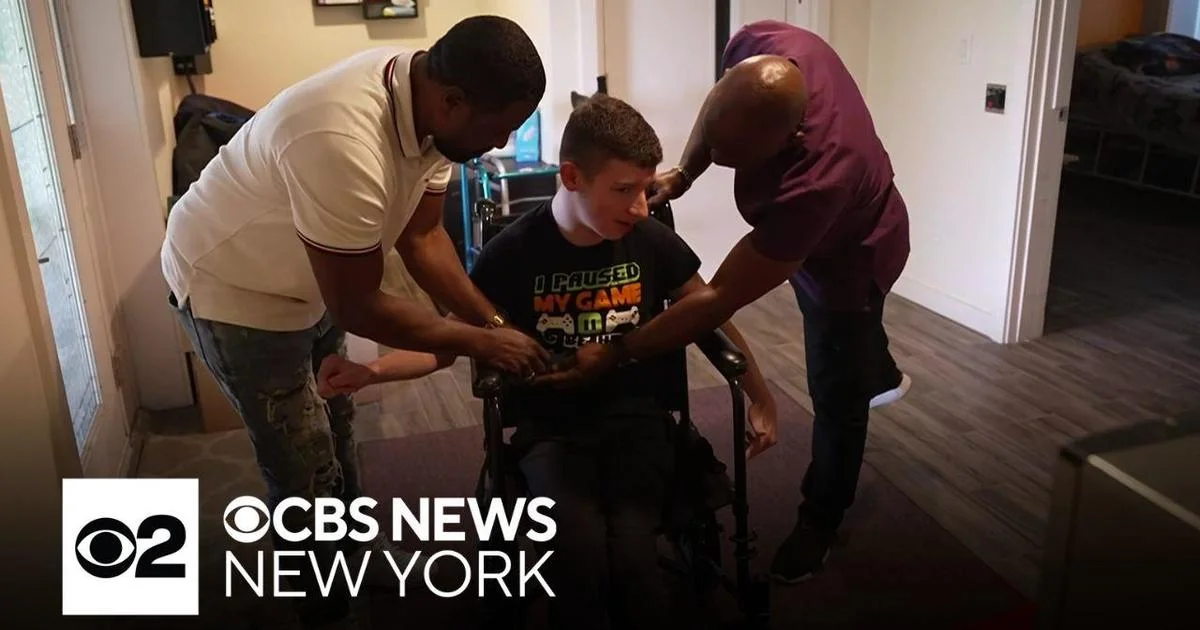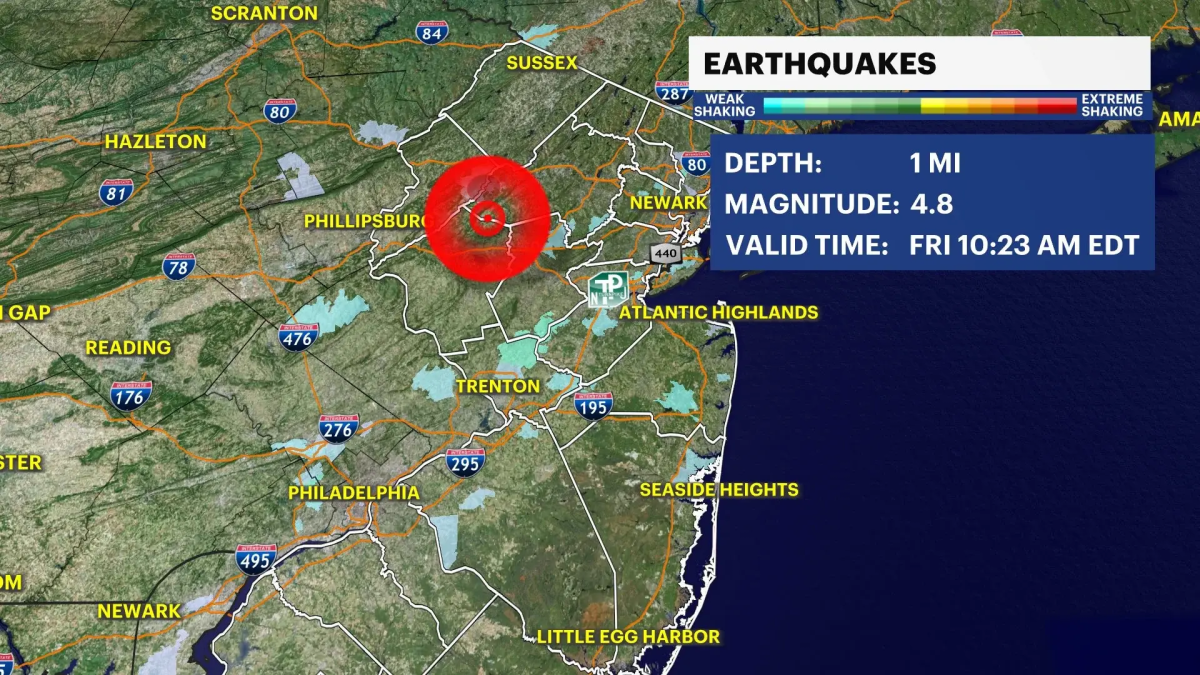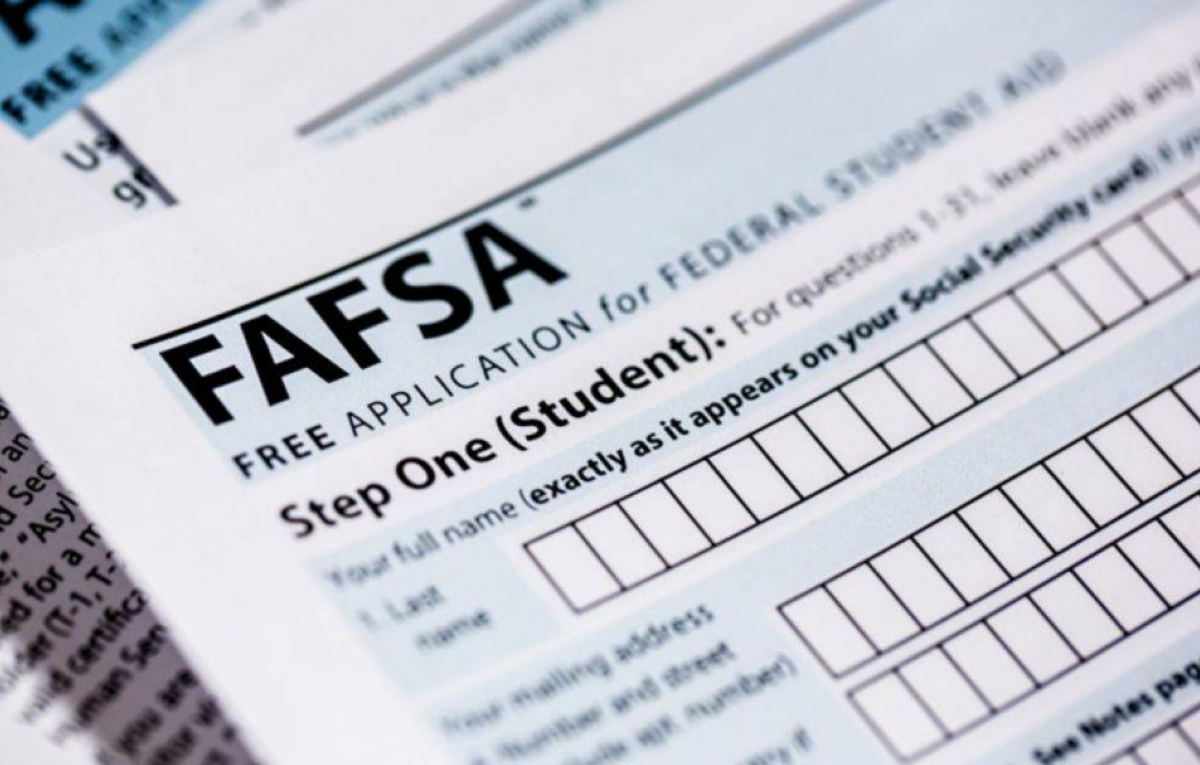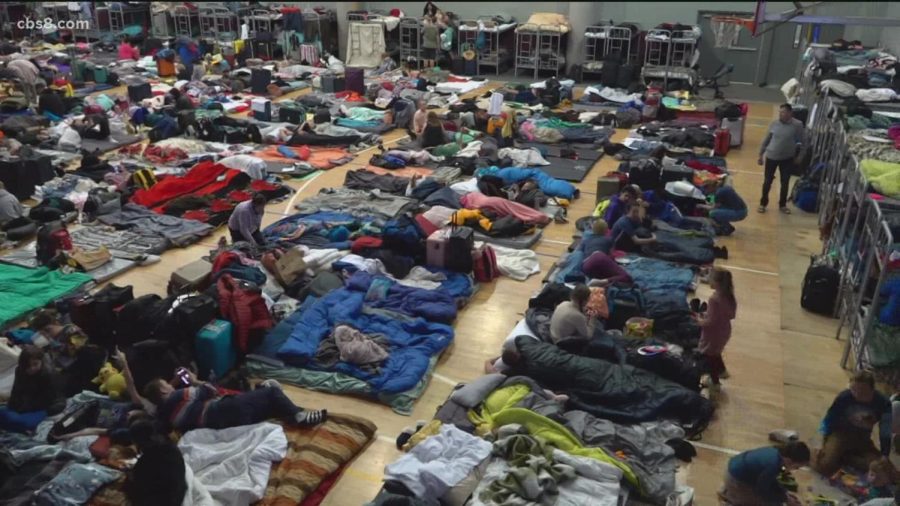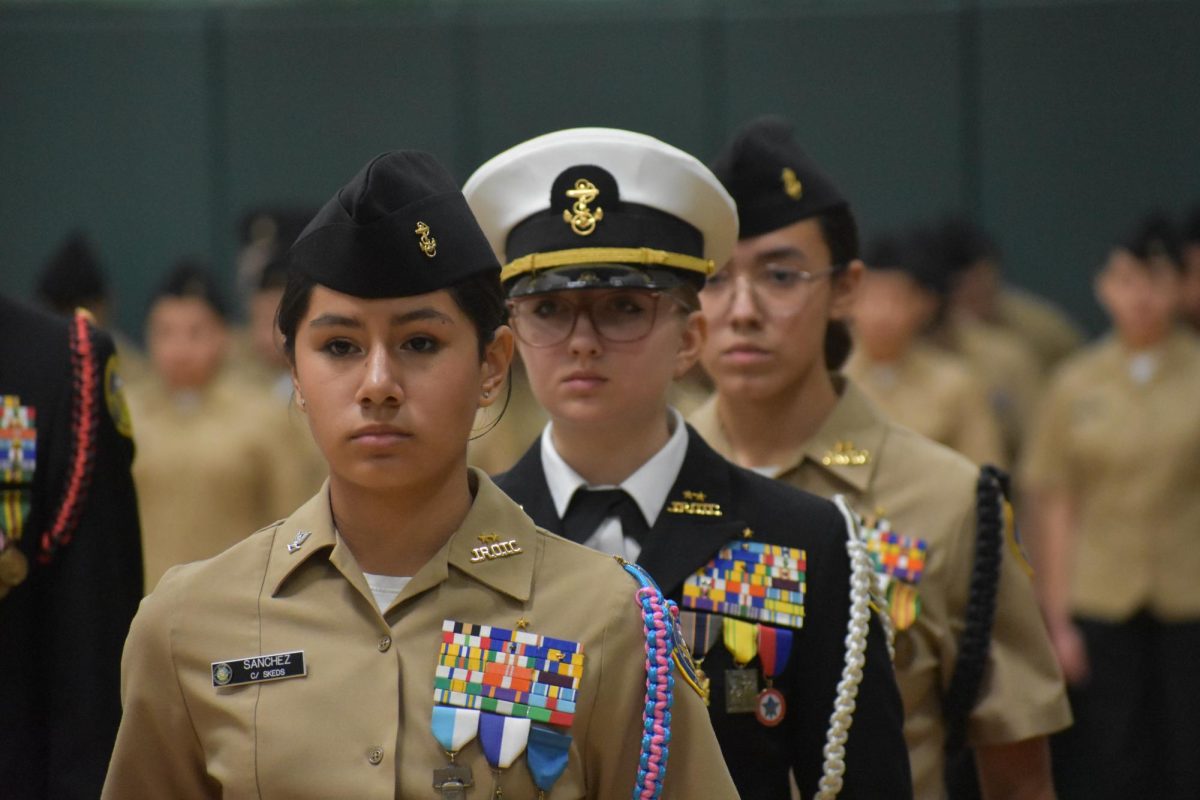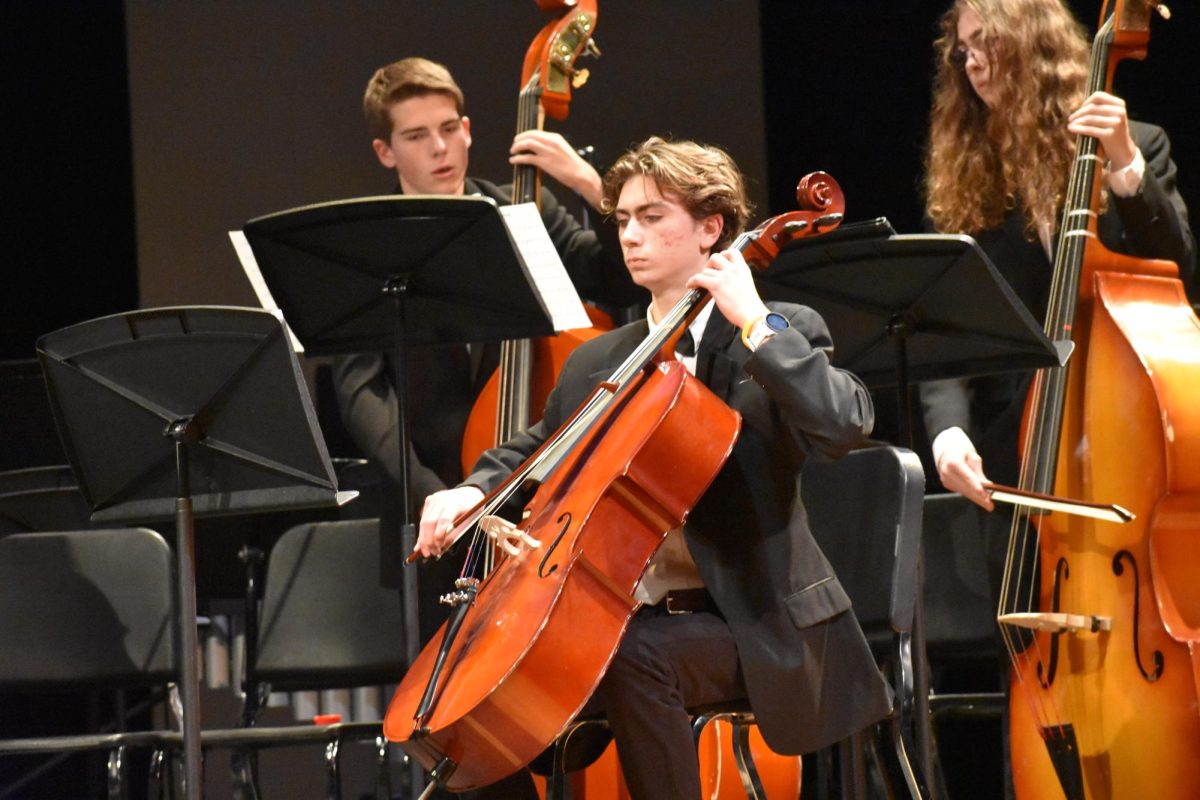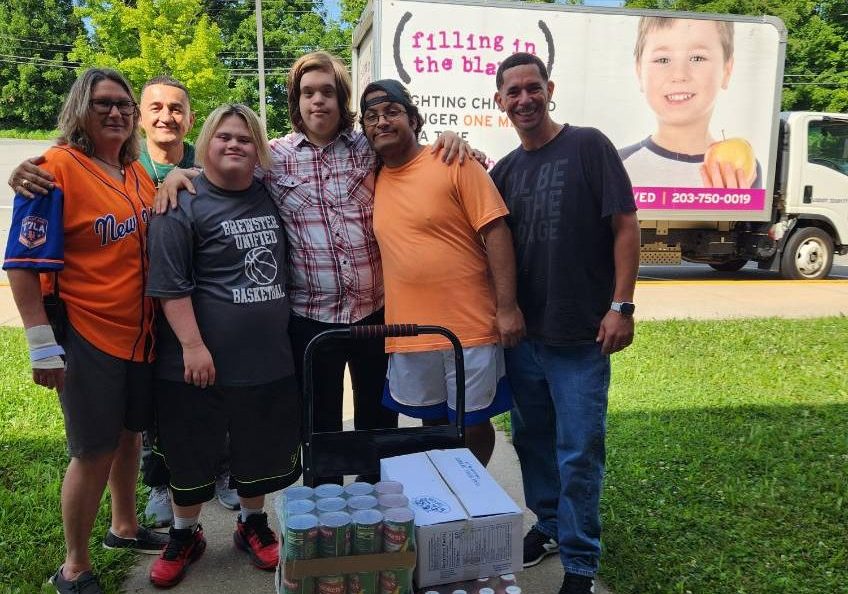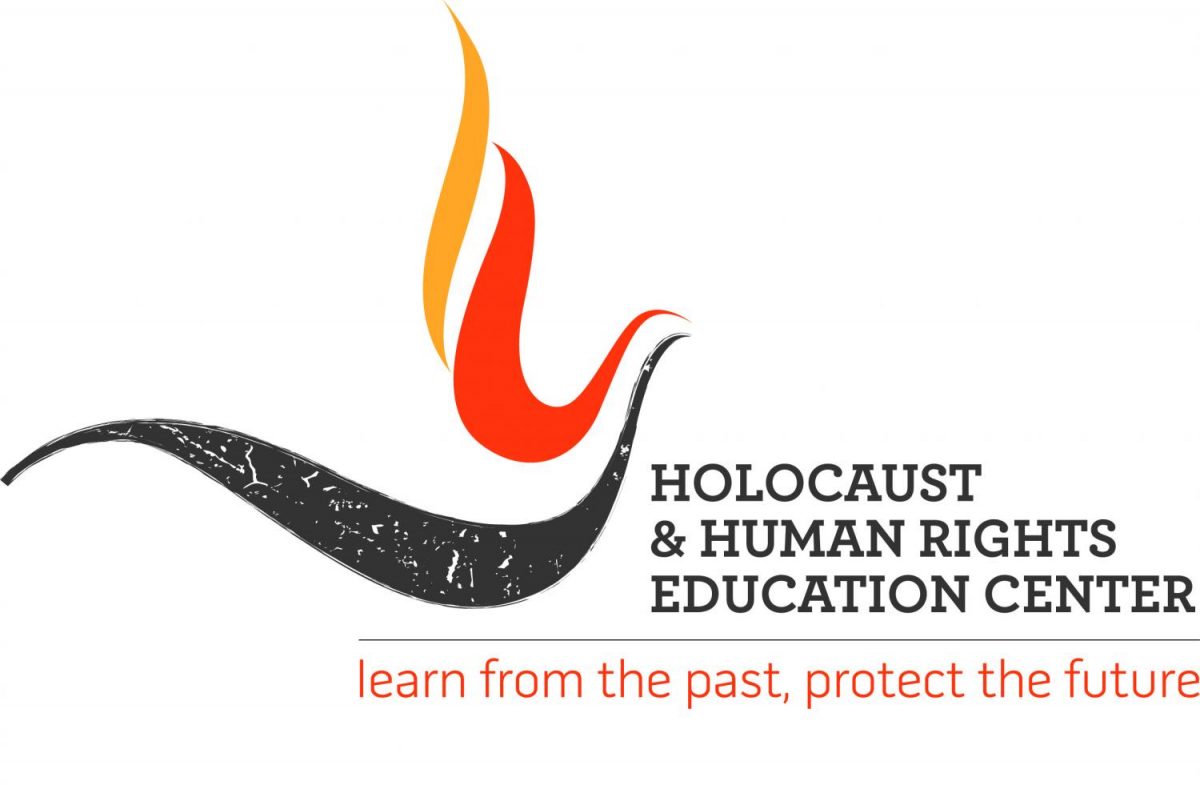Students attend Human Rights Institute for High School Student Leaders
October 3, 2017
On Monday, March 13, Brewster students Maria Najjar, Jane Scinta, Mollie Toscano, Olivia Morini, Rachel Thompson, Marina Souza, Taylor D’Ottavio, Emily Zaibel, Madison Manzo and Tim Krasniqi visited Iona College for the 16th Annual Human Rights Institute for High School Student Leaders. The event was coordinated by the Holocaust and Human Rights Education Center, which is based in White Plains and has been running the seminar since 2001. The Student Institute is intended to “promote student awareness of human rights issues on both local and global levels, and to empower students to be upstanders by creating and implementing Action Plans in their schools and communities.” The scope of the seminar continues to grow each year, and this year was clearly no exception. On March 17, almost 30 schools and approximately 400 students participated in the day’s events.
Upon the students’ arrival, they were provided with breakfast and were welcomed by Dr. Tricia Mulligan of Iona College and Millie Jasper, the Executive Director of HHREC. The Brewster students were split up into workshop groups to encourage discussion with their peers from neighboring high schools. The seminar’s keynote speaker was Danielle Butin, the founder and Executive Director of the Afya Foundation. Students learned that Afya is a medical supply recovery organization in New York, formed in 2007, and has shipped more than 100 40-foot containers packed with humanitarian and medical supplies to Haiti and African nations. One of the most striking details about the Afya Foundation is its belief in sending the receiving organizations and hospitals supplies that are specifically catered to a certain location’s needs. As an experienced and widely recognized leader in healthcare, Ms. Butin provided students with an idea of the primitiveness of the needs of developing countries and galvanized them to become upstanders in their own communities.
Board Member Neil Ginsberg also spoke to students, informing them of the severity of the Syrian refugee crisis. He asked students to consider the meaning of the word “refugee” and sparked debate amongst small groups of students by asking what we would bring with us if we had to flee our homes. Many participants were shocked by the news that almost 65 million people worldwide have had to make this decision in only a few minutes. Ginsberg also brought another important issue to our attention- education for refugees. He shared a story in which he spoke with one boy who explained that he hadn’t been to school for six years. Never before had many of the students realized the massive scope of the crisis.
Following the presentations given by these two speakers, students attended workshops about modern day human rights violations presented by older high school facilitators. Topics ranged from roles for women to rights of Native Americans to juvenile detention centers to homelessness. Many of the students said that their group leaders were very knowledgeable about their topics and effective at initiating meaningful conversations between students. Leaders provided students with an understanding of the assigned topic and presented relevant information through statistics, visual displays, cartoons and videos. One pair of student facilitators chose the topic of rights for women in Saudi Arabia. In this workshop, they played a video featuring women who have escaped Saudi Arabia to gain new rights and opportunities in the United States and led a discussion about quotes spoken by Saudi women. The most shocking knowledge imparted was that many women lose their sense of identity and self-respect under the male guardianship system in Saudi Arabia, which limits a woman’s ability to travel, study and even drive a car without a male relative’s approval. This unfortunately results in drastic career limitations for Saudi women and frequent cases of domestic violence. In each workshop, students also discovered what is being done to solve the issues they discussed and what limitations prevent the issues from being managed.
One of the most memorable parts of the day was the speech given by Holocaust survivor Judy Altmann during the students’ lunch. Ms. Altmann told the assembled students how she was taken from her home in Jasina, Czechoslovakia, in 1944, when she was arrested by the Nazis and sent from the Auschwitz concentration camp to Essen and Gelsenkirchen Labor camps to the Bergen Belsen concentration camp. She was finally liberated by the British army in May 1945. Following her liberation, Ms. Altmann lived in Sweden for three years before immigrating to the United States. Some students were astonished when she shared that the only reason she was spared by the Nazis was that she could speak multiple languages. Her story spoke to students in a profound way and taught them how dangerous it is to be a bystander when human rights are at stake. It was an important opportunity for students to hear her as in the future, there will no longer be any living Holocaust survivors to share their experiences and teach the next generation what can happen when people refuse to speak out. Not only did Ms. Altmann share her story, but she also taught students to maintain hope in the face of adversity, educate themselves to the best of their ability, and stand up for others before it is too late.
Students also got the opportunity to discuss what they learned from their workshops with their peers within their high school’s delegation. Perhaps the most meaningful part of the day was the creation of Action Plans by the students. These Action Plans provided an outlet for students to apply the lessons learned during the Student Institute and, when implemented properly, create positive change in their schools.
Overall, the Brewster students gained an understanding of human rights violations globally, the inspiration to achieve change in their communities, and the knowledge of how important being an upstander truly is. Maybe next year, some of the students will even return to the Student Institute to facilitate workshops and apply their new awareness to influence another group of student leaders.
Here’s What Some of the Brewster Students Have to Say About Their Experience at HHREC:
Rachel Thompson: I had a lot of fun discussing my topic, LGBTQ rights, and felt very comfortable talking to the other student leaders. I also enjoyed listening to the guest speakers and would recommend that current freshmen check it out for next year!
Madison Manzo: When I attended this human rights conference, it was actually just to get out of school, but it turned out to be so much more! We learned about real issues in America and how we can fix them! It was very inspirational and made me want to do so much and to change the world!
Tim Krasniqi: The event was very intuitive and informative. Working with people from other schools in trying to answer some of the problems this world faces was my favorite part, not to mention the Holocaust survivor’s speech.
Maria Najjar: Not only were we reminded of what a blessing it is to have this life (freedom, education, easily accessible medical help, and something as simple as a pen), but the seminar also showed us ways to help the less fortunate, like getting involved in the Afya Foundation. We had the unique opportunity to learn of injustices all around us, and I am proud to shoulder the responsibility of sharing what I learned with my friends, family, and peers.
Olivia Morini: As a student interested in these topics, I thought these discussions were very relevant to what I want to do in the future. I found the seminar to be very eye-opening. Currently, I help out in my community but I was interested in how I can help on a bigger scale. In my small group workshop, the two keynote speakers were inspiring and very interesting to hear from.













